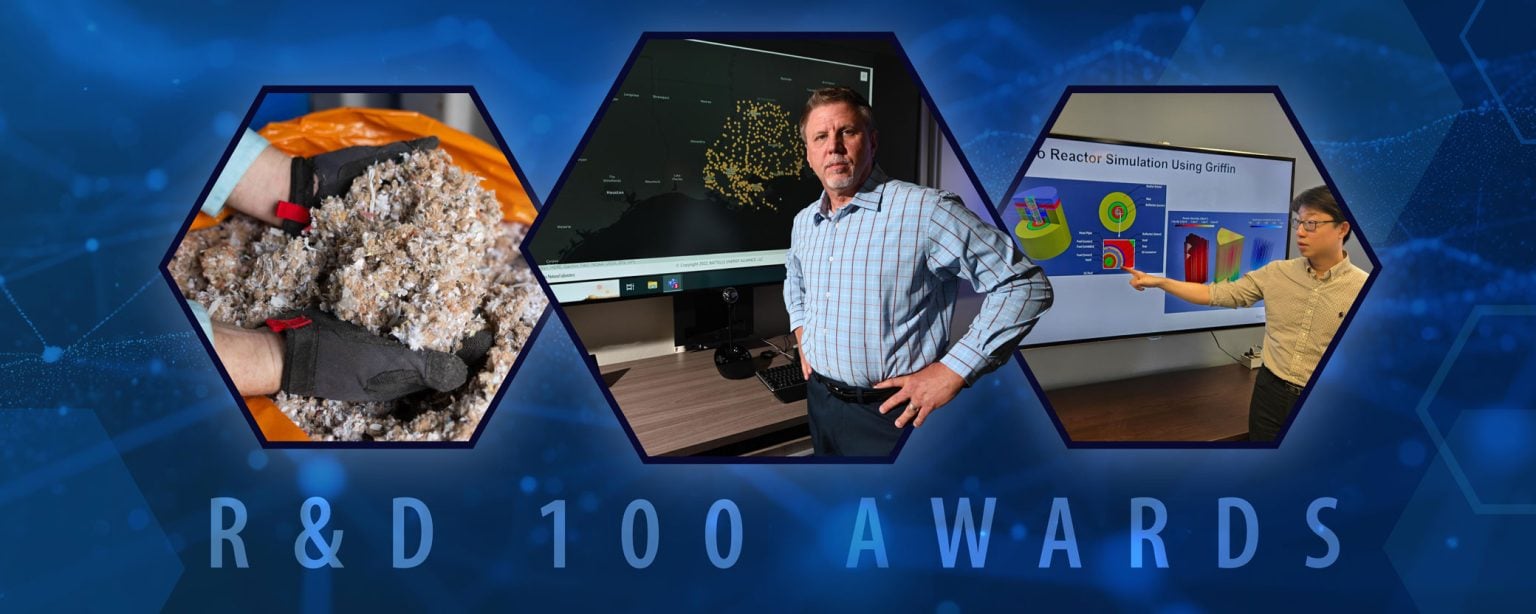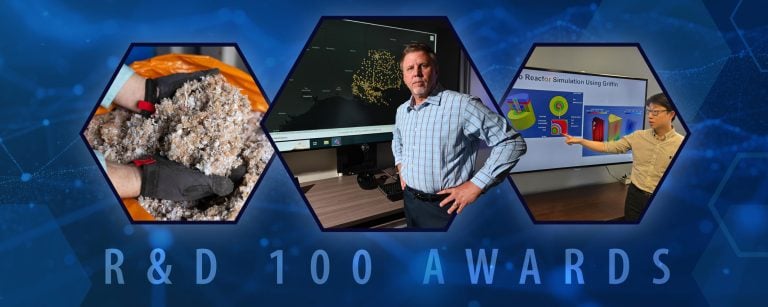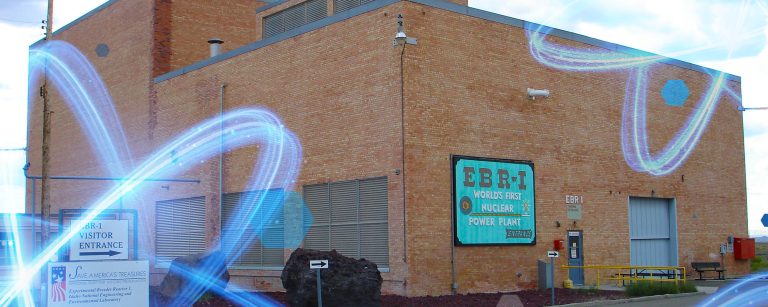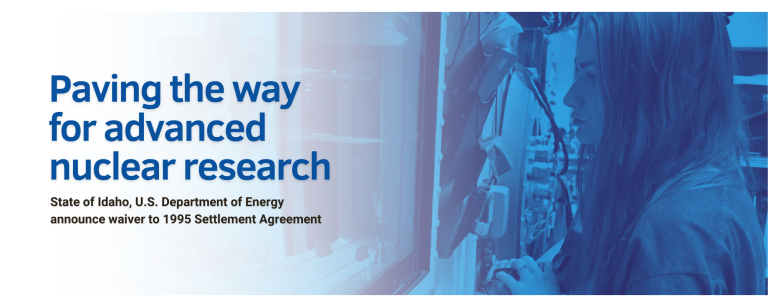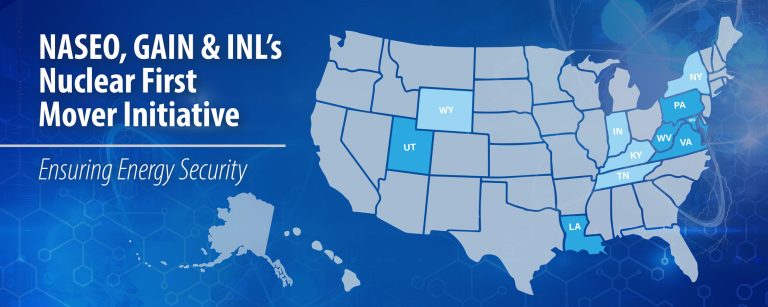(IDAHO FALLS, Idaho) – Two technologies developed at the Idaho National Laboratory (INL) have been named as winners for the 2025 R&D 100 Awards, sometimes referred to as the “Oscars of innovation.”
Since they were established by R&D Magazine in 1963, the R&D 100 Awards have identified and celebrated the top technology products from the public and private sectors. It is the only competition that recognizes new commercial products, technologies and materials for their technological significance and potential impact. The U.S. Department of Energy’s national laboratories typically have dozens of finalists every year.
“At INL, we are dedicated to developing and demonstrating science and technology solutions that positively impact human lives,” said INL Director John Wagner. “I’m extremely proud of our R&D 100 finalists. This recognition is a distinguished testament to their exceptional contributions and well-deserved acknowledgment of their innovative work.”
The following winners from INL were announced Aug. 20 and will be recognized in November at a banquet in Scottsdale, Arizona:
Storm-DEPART (principal investigator: Mary Klett)
Storm-DEPART is a tool designed to help utilities and industry predict and manage the impacts of major hurricanes. It leverages advanced meteorological data and machine learning algorithms to forecast storm paths and intensities with greater accuracy. By integrating real-time satellite imagery, historical weather patterns and oceanographic data, Storm-DEPART provides early warnings and risk assessments to help communities prepare and respond more effectively. Its user-friendly interface allows emergency managers to visualize potential impact zones, allocate resources efficiently and execute evacuation plans promptly. The tool continuously updates as new data becomes available, ensuring that predictions remain relevant and actionable.
Griffin (principal investigators: Javier Ortensi, Changho Lee [Argonne National Laboratory])
The Griffin reactor physics tool for multiphysics modeling and simulation makes advanced nuclear reactor design cheaper and safer by predicting how different reactor designs, fuels and materials will perform in real life. Used by nuclear energy researchers, regulators and industry, Griffin is a cornerstone of the nation’s advanced-reactor development.
INL also had one technology announced as a finalist:
ReNuFiber (principal investigator: Kristan Egan)
ReNuFiber is a sustainable, high-performance alternative to traditional insulation that addresses major environmental and economic challenges by turning nonrecyclable plastics, textiles and wood into high-quality thermal insulation for residential and commercial buildings. Materials that would otherwise go to landfills are hammer-milled and shredded to specific particle sizes then mixed with additives that enhance fire resistance and antimicrobial properties. The insulation boasts an R-value of 4.71 per inch, making it superior to blow-in insulation available on the market. It can be used in existing insulation systems without modifications, eliminating the need for additional training or new installation tools.
NEWS MEDIA CONTACTS:
Joel Hiller, (801) 597-6030, [email protected]
Sarah Neumann, (208) 520-1651, [email protected]

